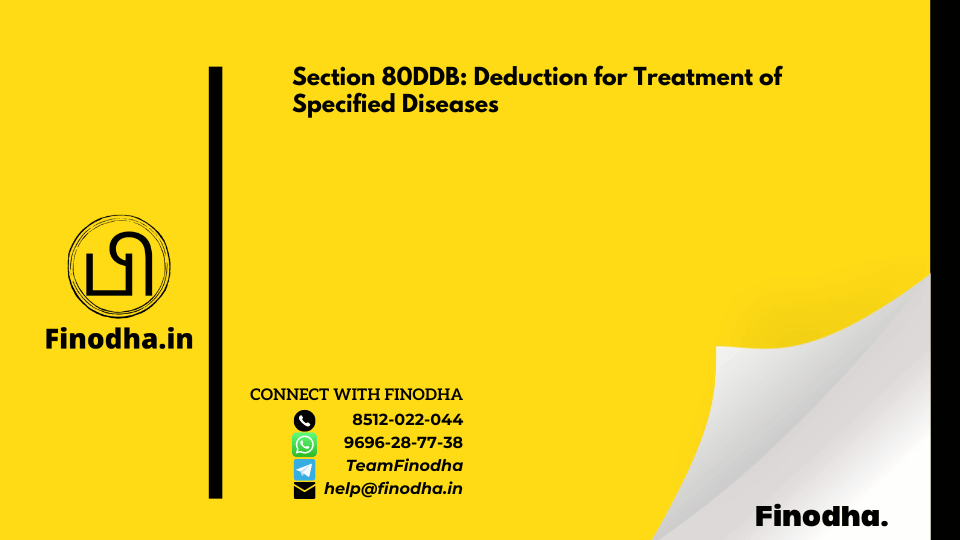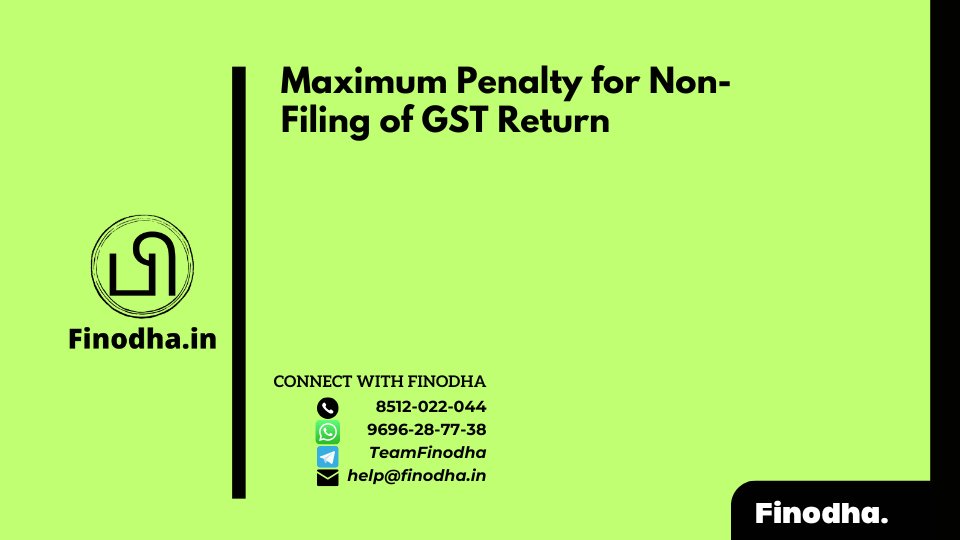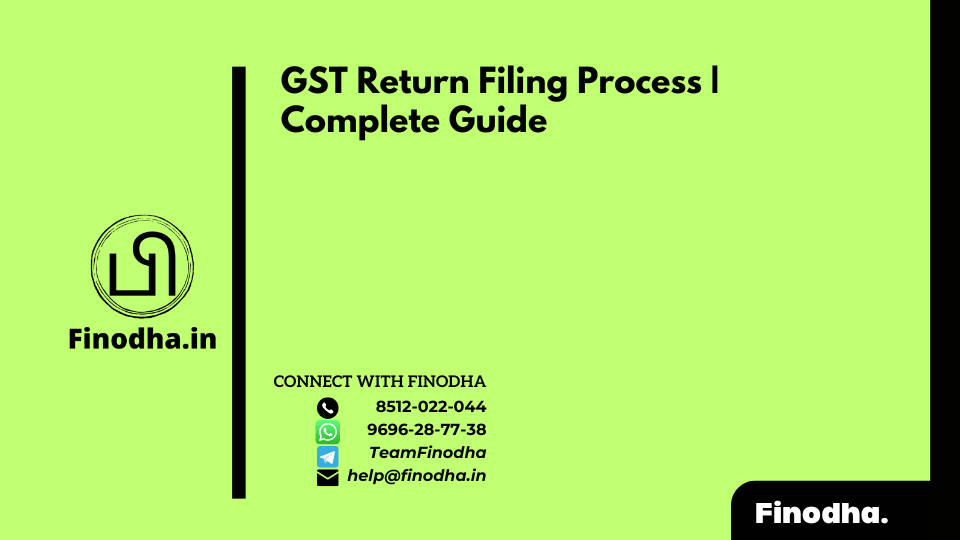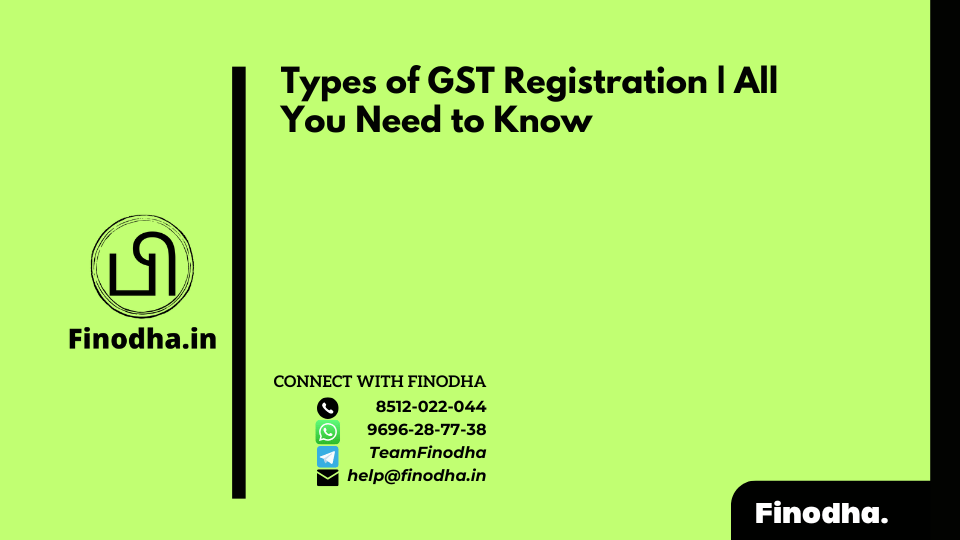Important Keyword: Chapter VI-A, HUF, Section 80DDB.
Table of Contents
Section 80DDB: Deduction for Treatment of Specified Diseases
Facing substantial medical expenses, particularly for serious illnesses, can pose a significant financial challenge in today’s times. These ongoing costs throughout a person’s life can impose a considerable economic burden. Therefore, Section 80DDB of the Income Tax Act offers a means to alleviate some of this financial strain by allowing you to deduct expenses incurred in treating specified severe diseases.
This provision is designed to provide relief to taxpayers who bear the brunt of medical bills associated with critical illnesses. It allows for deductions on expenses directly related to the treatment of these diseases, thereby reducing the taxable income and easing the overall financial impact.
For instance, if a taxpayer incurs substantial medical costs for treating conditions specified under Section 80DDB, such as cancer, neurological diseases, or chronic renal failure, they can claim deductions accordingly. This deduction helps in mitigating the financial burden that arises from extensive and recurring medical expenditures.
Section 80DDB of the Income Tax Act
Section 80DDB of the Income Tax Act offers a significant provision aimed at easing the financial burden of medical treatment for specified severe diseases. This deduction is available to individuals and Hindu Undivided Families (HUFs) who incur expenses towards the treatment of themselves or their dependent family members.
Diseases covered under 80DDB
The diseases covered under Section 80DDB include:
- Neurological Diseases: Listed with a disability of at least 40% and above, such as Dementia, Dystonia Musculorum Deformans, Motor Neuron Disease, Ataxia, Chorea, Hemiballismus, Aphasia, and Parkinson’s Disease.
- Malignant Cancer
- AIDS
- Chronic Kidney Failure
- Haemophilia
- Thalassemia
Eligibility to claim 80DDB deduction
To be eligible for claiming the deduction under Section 80DDB, the taxpayer must meet the following criteria:
- Individual: The individual taxpayer must either be undergoing treatment for one of the specified diseases or must be paying for the treatment of their dependent family members, which includes children, spouse, parents, or siblings.
- HUF: The deduction can be claimed by the Karta of the HUF or any member of the HUF for the treatment of their dependent family members.
This provision acknowledges the financial strain associated with treating severe illnesses and aims to provide relief by allowing taxpayers to reduce their taxable income by the amount spent on medical treatment for these diseases. It underscores the government’s commitment to supporting healthcare expenses and providing financial assistance to individuals and families facing significant medical challenges.
Deduction limit for section 80DDB
The deduction amount will depend on the age of the person for whom such expenses are incurred.
| Age of the person who is undergoing the treatment | Deduction Limit |
| < 60 years | INR 40,000 or actual expense whichever is less |
| >= 60 years | INR 1,00,000 or actual expense whichever is less |
Section 80DDB of the Income Tax Act offers a crucial deduction specifically aimed at easing the financial burden of medical treatment for specified severe diseases. Here are some important points to understand about this provision:
- Limitation to Actual Expenditure: The deduction under Section 80DDB is restricted to the actual amount spent on medical treatment for specified diseases. Taxpayers can claim this deduction only up to the extent of their expenses incurred.
- Age Criteria for Deduction: The eligibility for deduction under Section 80DDB is determined based on the age of the individual receiving the medical treatment, not the age of the taxpayer claiming the deduction. This ensures that individuals of all ages facing severe diseases can benefit from this provision.
- Prescription Requirement: Effective from 1st April 2016, a crucial requirement for claiming the deduction is obtaining a prescription for the treatment from a specialist. This specialist can be from any recognized hospital, not necessarily a government one. This measure ensures that the medical treatment is well-documented and legitimate.
- Adjustment with Reimbursements: When claiming a deduction under Section 80DDB, taxpayers must adjust the claimed amount with any reimbursements received from insurance companies or employers. This prevents double benefits and ensures fair tax treatment.
- Ineligibility under New Tax Regime: Taxpayers opting for the new tax regime introduced in recent years are not eligible to claim deductions under Section 80DDB. This highlights the differentiation in tax benefits between the old and new tax regimes.
- Non-Applicability to Certain Incomes: Deductions under Section 80DDB cannot be used to offset taxes on short-term capital gains under Section 111A, long-term capital gains, or incomes taxed at special rates. This specifies the types of incomes against which this deduction cannot be applied.
How is the Deduction Calculated Under Section 80DDB?
| Actual expenses for treatment | xxx |
| Maximum (INR 40,000/1,00,000) | xxx |
| Whichever is lower | xxx |
| Less: Insurance claim | (xxx) |
| Amount of deduction | xxx |
To understand the calculation better, let us take an example:
Let’s break down the scenarios for Abhijeet and Ashutosh regarding their eligibility for deduction under Section 80DDB based on their medical expenses and reimbursements:
Scenario 1: Abhijeet
- Abhijeet is 35 years old.
- He incurred medical expenses of INR 70,000 on the treatment of a specific disease.
- He received a reimbursement of INR 25,000 from the insurance company.
To calculate Abhijeet’s eligible deduction:
- Total medical expenses incurred: INR 70,000
- Reimbursement received: INR 25,000
Deductible amount under Section 80DDB:
- Deductible amount = Total medical expenses – Reimbursement received
- Deductible amount = INR 70,000 – INR 25,000
- Deductible amount = INR 45,000
Since Abhijeet’s age (35 years) is less than 60 years, he can claim a deduction up to the permissible limit for his age category. Therefore, he can claim a deduction of INR 45,000 under Section 80DDB.
Scenario 2: Ashutosh
- Ashutosh is 40 years old.
- He incurred medical expenses of INR 70,000 on the treatment of a specific disease.
- He received a reimbursement of INR 50,000 from the insurance company.
To calculate Ashutosh’s eligible deduction:
- Total medical expenses incurred: INR 70,000
- Reimbursement received: INR 50,000
Deductible amount under Section 80DDB:
- Deductible amount = Total medical expenses – Reimbursement received
- Deductible amount = INR 70,000 – INR 50,000
- Deductible amount = INR 20,000
In this scenario, Ashutosh cannot claim a deduction under Section 80DDB because the reimbursement he received (INR 50,000) exceeds the permissible limit for deduction. According to Section 80DDB, the deduction is allowed only for the amount of expenditure incurred beyond any reimbursements received.
It’s important to note that if Ashutosh were a senior citizen (age 60 years or above), he would be eligible to claim a deduction up to INR 1,00,000, provided he meets the other conditions specified under Section 80DDB.
Required documents
For claiming the deduction under this section, the invoices are required for the expenditure. Further, it is mandatory to provide valid proof via the certificate of the disease. A medical practitioner can issue the certificate as shown in the table below.
| Disease | Eligible Person who can issue certificate |
| Neurological Diseases where the disability level is proven to be 40% and above (a) Dementia (b) Dystonia Musculorum Deformans (c) Motor Neuron Disease (d) Ataxia (e) Chorea (f) Hemiballismus (g) Aphasia (h) Parkinsons Disease | A neurologist who has an MD degree in Neurology Or any degree that the medical council of India recognizes as equivalent. |
| Malignant Cancers | Any specialist who has a postgraduate degree in general or internal medicine Or any degree that the Medical Council of India recognizes as equivalent. |
| AIDS (Full Blown Acquired Immuno-Deficiency Syndrome) | Any specialist who has a postgraduate degree in general or internal medicine Or any degree that the medical council of India reconizes as equivalent. |
| Chronic Renal Failure | Chronic Renal Failure A nephrologist who has an MD degree in Nephrology. Or a urologist who has a Master Chirurgiae (M.Ch.) degree in Urology Or any degree that the Medical Council of India recognizes as equivalent. |
| Hematological Disorders (i) Haemophilia (ii) Thalassaemia | A specialist who has an MD degree in Hematology Or any degree that the Medical Council of India recognizes as equivalent. |
Content of Certificate
When claiming deductions under Section 80DDB for medical expenses incurred on specified severe diseases, it’s crucial to ensure that the necessary certificate contains the following details:
- Name and Age of Patient: The certificate should clearly state the name and age of the patient for whom the medical treatment was undertaken.
- Name of the Disease: It should specify the name of the disease for which the treatment was received. This ensures clarity on the nature of the medical condition being treated.
- Details of the Specialist: The certificate must include comprehensive details of the specialist who issued the prescription. This should cover:
- Name: Full name of the specialist.
- Address: Complete address of the specialist’s place of practice.
- Registration Number: Registration number of the specialist with their respective medical council or authority.
- Qualification: Details of the specialist’s medical qualifications.
- Hospital Details (if applicable): If the medical treatment was undertaken in a government hospital, the certificate should also include:
- Name: Name of the government hospital.
- Address: Complete address of the hospital.
These details are essential to substantiate the claim for deduction under Section 80DDB while filing Income Tax Returns (ITR). Taxpayers must ensure that the certificate provided by the specialist meets these requirements to validate their claim effectively.
ITR Form Applicable for Section 80DDB
Regarding the ITR forms applicable for claiming deduction under Section 80DDB, individuals and Hindu Undivided Families (HUFs) can file their tax returns using any of the following forms based on their income sources and complexity of finances:
- ITR 1: For individuals having income from salaries, one house property, other sources (excluding winnings from lottery and income from race horses).
- ITR 2: For individuals and HUFs not having income from business or profession.
- ITR 3: For individuals and HUFs having income from business or profession.
- ITR 4: For individuals, HUFs, and firms (other than LLPs) having presumptive income from business or profession.
Read More: Section 80E: Deduction for Interest on Education Loan
Web Stories: Section 80E: Deduction for Interest on Education Loan
Official Income Tax Return filing website: https://incometaxindia.gov.in/




